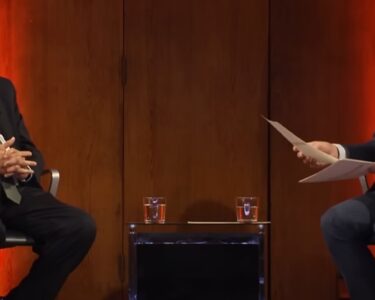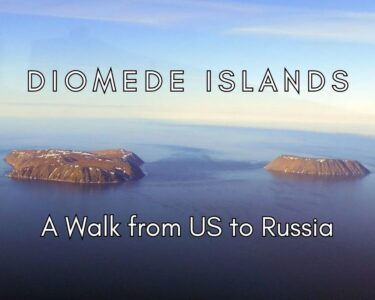Nearly 900 people have been arrested in Ecuador since Tuesday in a national security operation to stop an outburst of gang violence, Ecuador’s presidency said.
The presidency says 94 of the 859 people detained are members of what they call “terrorist” groups.
Ecuador has been rocked by blasts, police kidnappings and prison disturbances in a wave of violence beginning with the prison escape of one of Ecuador’s most powerful drug lords last weekend.
Ecuador’s President Daniel Noboa on Tuesday declared the country to be in a state of “internal armed conflict,” ordering security forces to “neutralize” several criminal gangs accused of spreading extreme violence.
Noboa also designated 22 criminal gangs to be “terrorist” organizations in the presidential decree.
In a further measure, the Ecuadorian government announced on Thursday that foreigners who want to enter the country from Colombia or Peru will have to provide a criminal record certificate in a measure designed to “prevent and control the entry of individuals who constitute a threat or risk to public safety.”
Noboa has claimed that 90% of the foreign prisoners in Ecuador are Colombians, Peruvians, and Venezuelans.
The violence was triggered by the escape of high-profile gang leader Adolfo “Fito” Macías from a prison in Guayaquil on Sunday.
Following Fito’s escape and the declaration, Ecuador’s prison agency reported incidents in at least six prisons in different provinces on Sunday.
Criminal groups then embarked on a wave of violent attacks in a show of strength designed to discourage efforts to crack down on their activities.
Ecuador, home to the Galapagos islands and a tourist-friendly dollar economy, was once known as an “island of peace,” nestled between two of the world’s largest cocaine producers, Peru and Colombia.
But the country’s deep ports have made it a key transit point for cocaine making its way to consumers in the United States and Europe.







